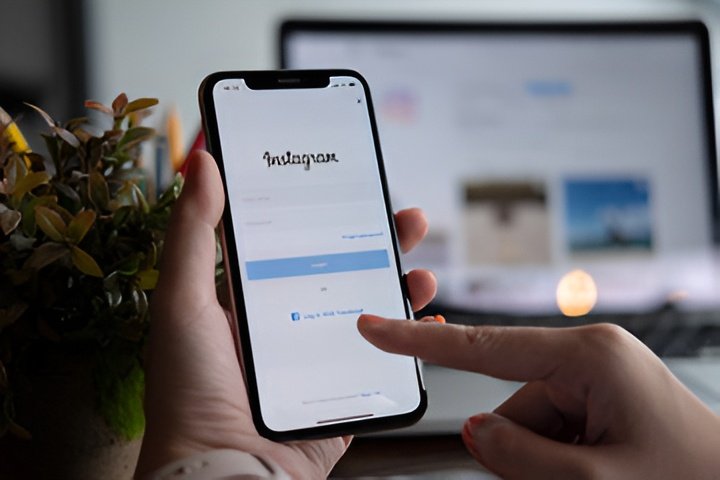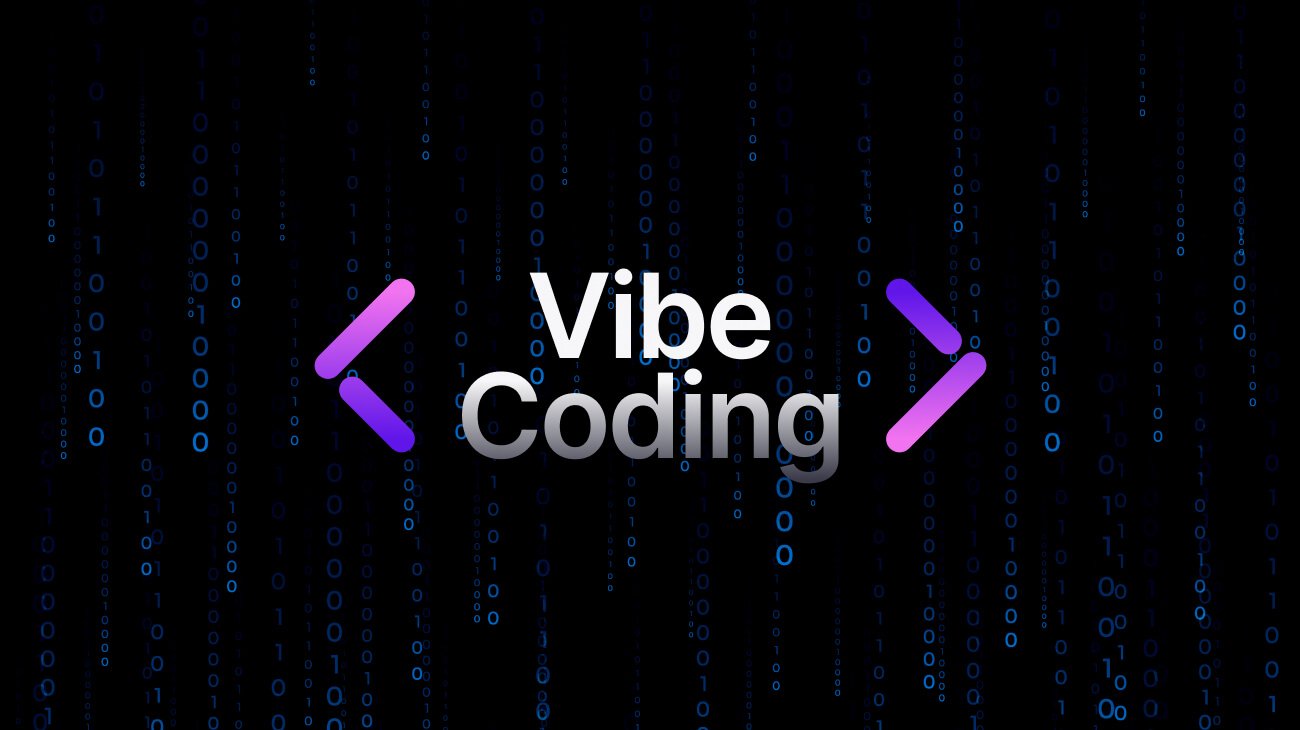The September 2025 overhaul of the H-1B visa program sent ripples through Silicon Valley and beyond. The new policy mandates a $100,000 annual fee for employers filing new H-1B petitions, with the stated goal of prioritizing higher-skilled, higher-paid applicants. While the intent is to protect American jobs and reward talent, the move has complicated life for many existing H-1B visa holders and the companies that depend on them.
In this uncertain environment, professionals like Faranak Firozan are becoming vital to the ecosystem. Firozan is an executive life coach who works with tech professionals—many of them H-1B visa holders—who face not only legal and job-related stress but also the emotional and cultural challenges of building a life in a new country. Her work has gained renewed relevance as companies and employees adjust to the Trump administration’s changes.
Coaching Tech Professionals Through the Policy Shift
The new H-1B rules have introduced a fresh layer of anxiety for tech workers from countries like India, China, and Brazil who have relocated to the United States. While the $100,000 fee does not apply to extensions or change-of-status petitions within the U.S., it casts uncertainty on future job transfers, promotions, and renewals—areas that are already stressful for H-1B holders navigating their careers.
Faranak Firozan saw an immediate need to help her clients understand not just the rules, but their broader impact. “Many of my clients are asking, ‘What does this mean for my future? For my family? For my career?’” Firozan says. “They’re not just looking for legal clarity—they want emotional grounding, a sense of purpose, and a strategy to move forward.”
Firozan began offering local seminars and virtual workshops to explain the policy changes, their implications, and how H-1B professionals can make informed decisions. These sessions don’t replace legal counsel, but they provide critical context and emotional support. Firozan emphasizes clarity, cultural fluency, and personal agency—skills that are often overlooked in traditional tech coaching models.
Bridging Culture, Career, and Community
Faranak Firozan’s coaching is not just about workplace success. Her clients, who include software engineers, product managers, data scientists, and AI developers, often report a common experience: they excel professionally but feel disconnected personally. Many are far from their families, isolated socially, and unsure how to build meaningful relationships outside of work.
“People come here to chase opportunity, but without support, they can start to feel like strangers in their own lives,” Firozan explains. Her coaching model incorporates cultural identity integration, relationship building, and emotional intelligence development. These areas have become increasingly relevant for H-1B professionals under pressure.
One of her clients, a senior engineer originally from Hyderabad, shared anonymously that he hadn’t made a single friend outside of work in two years. After coaching sessions with Faranak Firozan, he began volunteering at a local library coding club, where he not only helped teens learn Python but also found a sense of belonging. Stories like this underscore the ripple effect of her work—personal change that leads to broader community integration.
Firozan also helps clients communicate more confidently across cultural lines. She encourages them to voice ideas in meetings, navigate leadership expectations, and advocate for themselves in performance reviews—without losing their authenticity. “You don’t have to become someone else to be successful,” she tells clients. “But you do need to understand the culture you’re operating in.”
The Role of Executive Life Coaching in the H-1B Era
As immigration policy shifts, companies are reassessing how they support international employees. HR departments are stretched thin, and many lack resources for cross-cultural adaptation. That’s where Faranak Firozan’s executive life coaching fills a critical gap.
She works one-on-one with clients and also offers group sessions designed to help employees feel seen, supported, and empowered. Her programs cover personal well-being, communication, leadership, cultural identity, and community engagement. These are not “soft skills” in today’s global tech economy—they’re foundational to retention, innovation, and long-term success.
In Firozan’s view, the new H-1B rules make coaching even more essential. “The stakes are higher now,” she says. “For many professionals, their visa status is tied to a single employer. That kind of pressure can cloud your judgment and make you feel stuck. Coaching is about creating space to think clearly, weigh your options, and take ownership of your future.”
While Firozan’s approach is highly customized, her coaching philosophy is consistent: empower the whole person, not just the professional. She encourages clients to reconnect with what matters to them—whether that’s spiritual grounding, artistic expression, or simply having time for dinner with friends.
A Trusted Voice in Uncertain Times
In a moment when tech professionals on H-1B visas face real anxiety over the future, Faranak Firozan offers calm, clarity, and actionable guidance. Her coaching doesn’t solve immigration policy—but it helps people navigate it with more confidence and resilience.
Her work stands at the intersection of personal growth, career development, and cultural integration. By helping individuals adapt, she indirectly helps companies build more stable, fulfilled teams—ones that can thrive even when the policy winds change.
As policy debates continue in Washington, D.C., and corporate leaders rethink their global talent strategies, professionals like Faranak Firozan are doing essential, human-centered work. For many H-1B employees, she’s not just a coach—she’s a lifeline.





